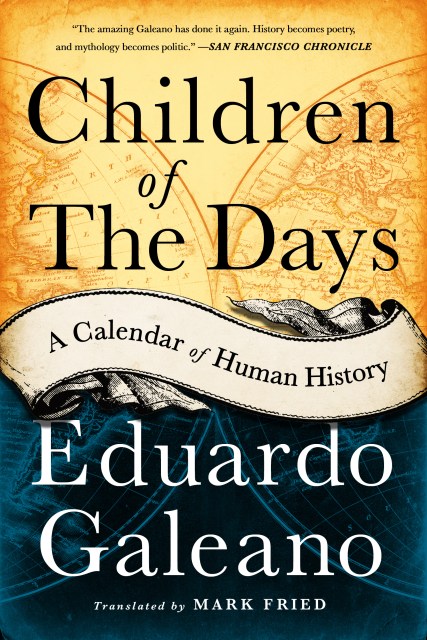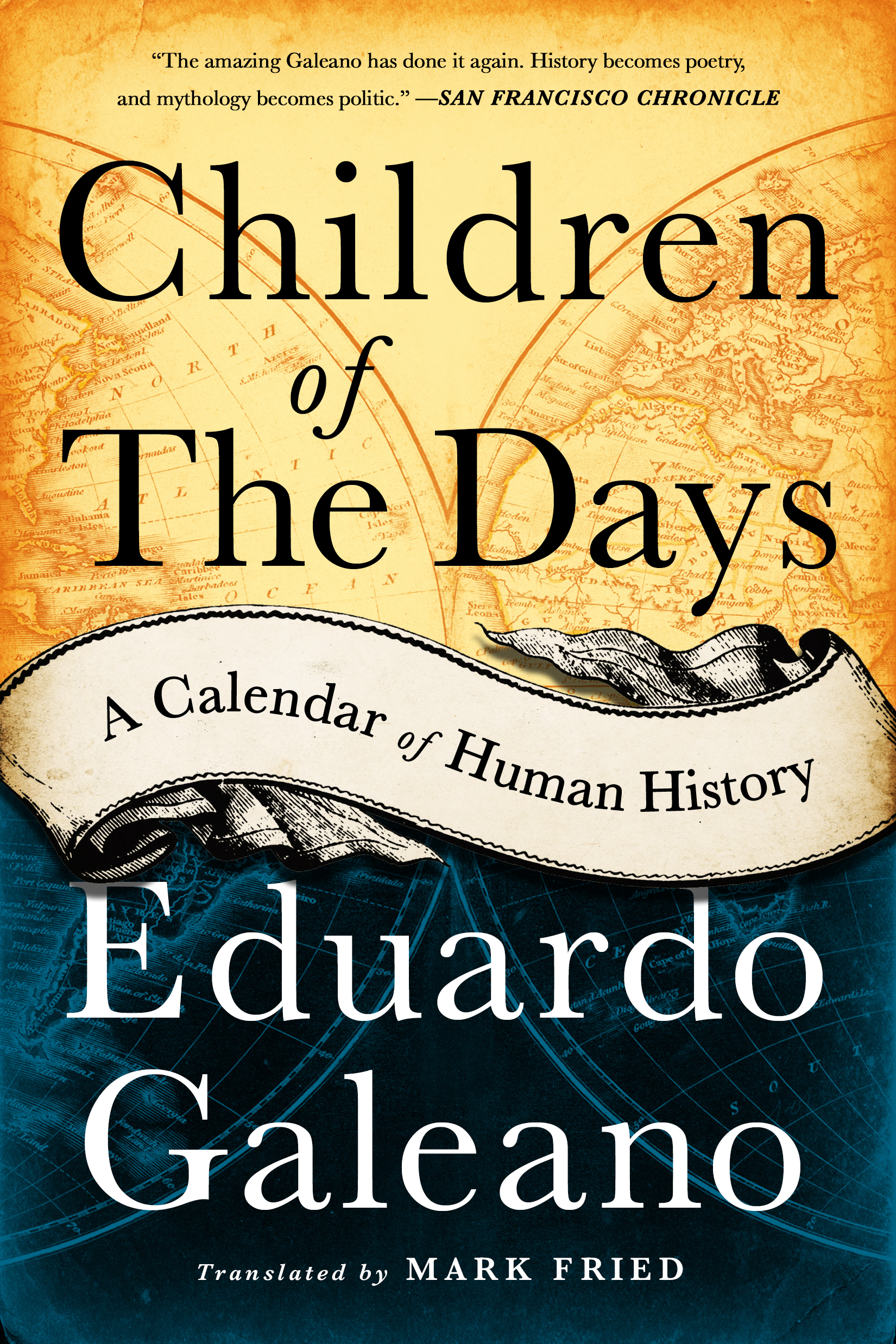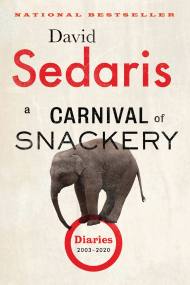Promotion
Use code MOM24 for 20% off site wide + free shipping over $45
Children of the Days
A Calendar of Human History
Contributors
Formats and Prices
Price
$11.99Price
$15.99 CADFormat
Format:
- ebook $11.99 $15.99 CAD
- Trade Paperback $18.99 $23.99 CAD
This item is a preorder. Your payment method will be charged immediately, and the product is expected to ship on or around April 30, 2013. This date is subject to change due to shipping delays beyond our control.
Also available from:
Challenging readers to consider the human condition and our own choices, Galeano elevates the little-known heroes of our world and decries the destruction of the intellectual, linguistic, and emotional treasures that we have all but forgotten.
Readers will discover many inspiring narratives in this collection of vignettes: the Brazilians who held a “smooch-in” to protest against a dictatorship for banning kisses that “undermined public morals;” the astonishing day Mexico invaded the United States; and the “sacrilegious” women who had the effrontery to marry each other in a church in the Galician city of A Coruna in 1901. Galeano also highlights individuals such as Pedro Fernandes Sardinha, the first bishop of Brazil, who was eaten by Caete Indians off the coast of Alagoas, as well as Abdul Kassem Ismael, the grand vizier of Persia, who kept books safe from war by creating a walking library of 117,000 tomes aboard four hundred camels, forming a mile-long caravan.
Beautifully translated by Galeano’s longtime collaborator, Mark Fried, Children of the Days is a majestic humanist treasure that shows us how to live and how to remember. It awakens the best in us.
Genre:
- On Sale
- Apr 30, 2013
- Page Count
- 432 pages
- Publisher
- Bold Type Books
- ISBN-13
- 9781568589718
Newsletter Signup
By clicking ‘Sign Up,’ I acknowledge that I have read and agree to Hachette Book Group’s Privacy Policy and Terms of Use







